CrowdifyClub Category: Environment and Cleantech
(Tip: To open the tweet in a new window 'Right-Click' the 'Tweet This Story' text and 'Open link in new tab')
Palau: on the frontline of climate change in the South Pacific
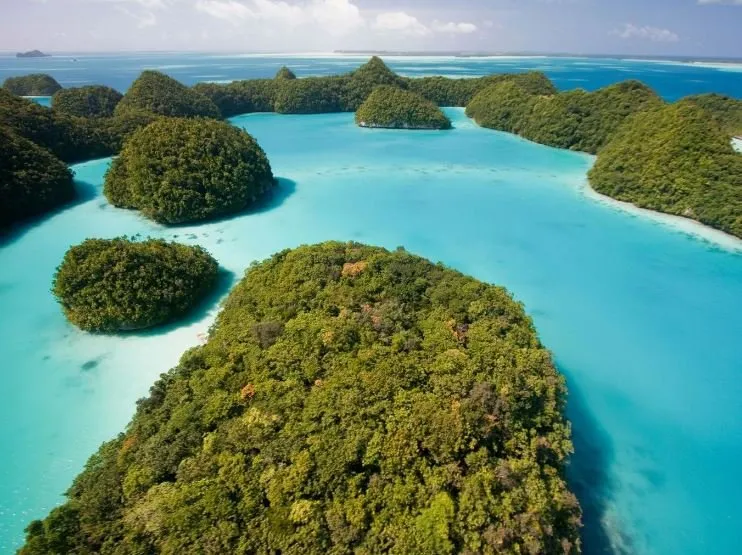
To see the frontline of climate change, Tommy Remengesau, President of Palau, a small island nation in the Pacific, has to look no further than his backyard.
Due to rising sea levels, the garden his wife used keep at the back of their house now gets swamped with salt water by the high tide, he said.
“At full moon my backyard is flooded,” he said.
“We no longer have flowers. We had to put them in a pot and when there is high tide we move it,” he said in an interview at the UN Food and Agriculture Organisation’s (FAO) conference in Rome.
Full story at http://ind.pn/2u7w1xR
Source: Independent
US Economy To Be Damaged Severely By Climate Change, Study Finds
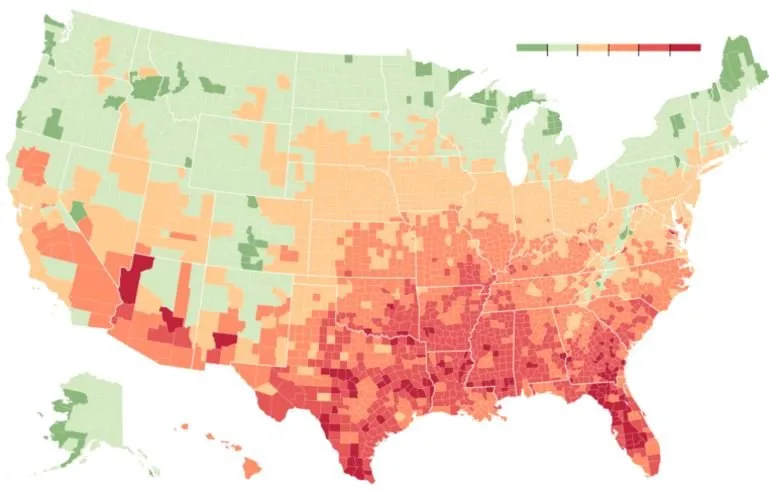
The United States of America will be facing severe economic damage as the effects of anthropogenic climate change continue intensifying over the coming decades. A new study published in the journal Science predicts that unmitigated climate change will damage the poorest-third of US counties to the tune of 20% of total income.
The regions that will be hit the hardest in the US over the coming years economically will be primarily in the South and in the lower Midwest. In other words, economic centers will be likely to move northwards, leaving the hotter, southern parts of the US impoverished as compared to the current situation.
It should be realized here, though, that the study predicts overall losses — potential economic gains in more northerly parts of the US will in no way make up for the losses in other parts of the country, according to the study. Widening economic inequality and economic restructuring are also predicted by the new study.
“Unmitigated climate change will be very expensive for huge regions of the United States,” commented lead researcher Solomon Hsiang, the Chancellor’s Associate Professor of Public Policy at UC Berkeley. “If we continue on the current path, our analysis indicates it may result in the largest transfer of wealth from the poor to the rich in the country’s history.”
Full story at http://bit.ly/2u7ctJB
Source: CleanTechnica
The World’s First Power Plant To Combine Hydro And Solar Opens In Portugal
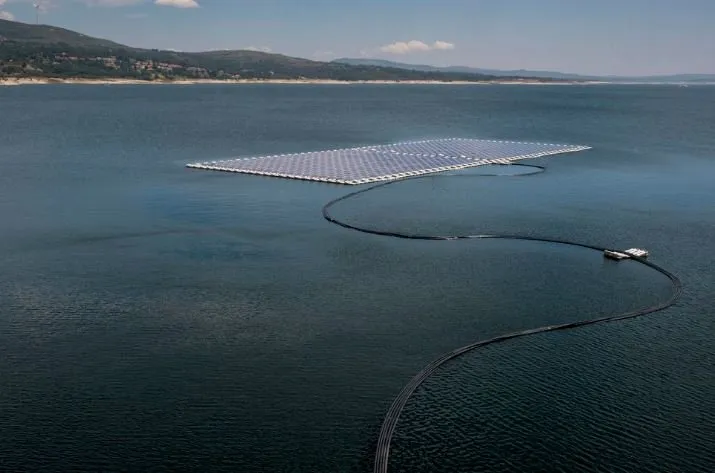
The debate around energy in the United States at times devolves into quasi-tribal disputes over the merits of one power source over another. Often this pits renewable energy against entrenched fossil fuels. But sometimes carbon-free energy sectors, such as solar and hydropower, go head to head over which is cleaner.
Not so in Portugal, where officials in Montalegre inaugurated the world’s first hydro-solar power station this week. The Alto Rabagão dam, near the country’s northern border with Spain, added 840 floating solar panels earlier this year, boosting the plant’s total peak capacity by 220 kilowatts. The rig of solar panels is about the size of what might be placed atop a large warehouse.
The project is expected to generate 332 megawatt hours in its first year, enough to power 100 homes for a year.
It’s a relatively modest development, but it offers big potential. Energias de Portugal, the utility giant behind the project, operates a large business in Brazil, where over 70 percent of power generation comes from hydro plants. If the cocktail of hydro and solar at Alto Rabagão proves successful, the project could be a model for meeting Brazil’s electricity demand, which is expected to more than triple by 2050.
Full story at http://bit.ly/2u6krCU
Source: Huffington Post
Hopes of mild climate change dashed by new research
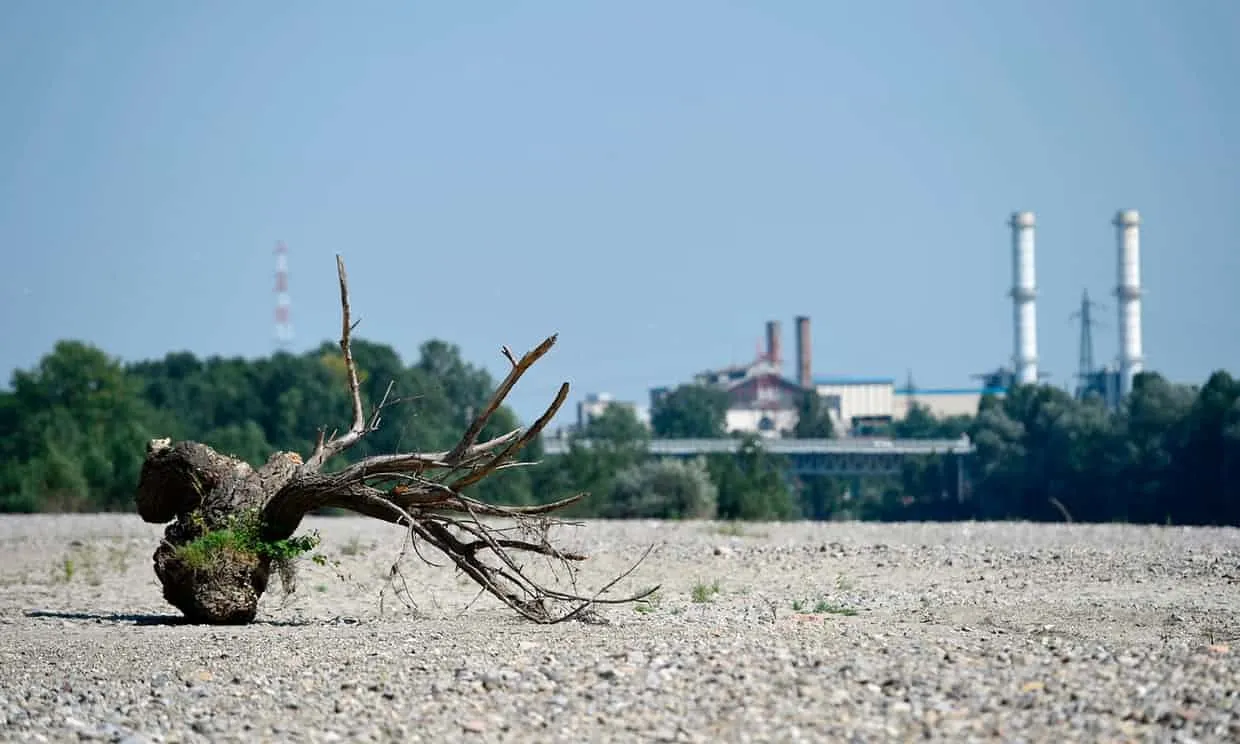
Hopes that the world’s huge carbon emissions might not drive temperatures up to dangerous levels have been dashed by new research.
The work shows that temperature rises measured over recent decades do not fully reflect the global warming already in the pipeline and that the ultimate heating of the planet could be even worse than feared.
How much global temperatures rise for a certain level of carbon emissions is called climate sensitivity and is seen as the single most important measure of climate change. Computer models have long indicated a high level of sensitivity, up to 4.5C for a doubling of CO2 in the atmosphere.
However in recent years estimates of climate sensitivity based on historical temperature records from the past century or so have suggested the response might be no more than 3C. This would mean the planet could be kept safe with lower cuts in emissions, which are easier to achieve.
Full story at http://bit.ly/2u6nCKZ
Source: The Guardian
Solar Costs Are Hitting Jaw-Dropping Lows in Every Region of the World
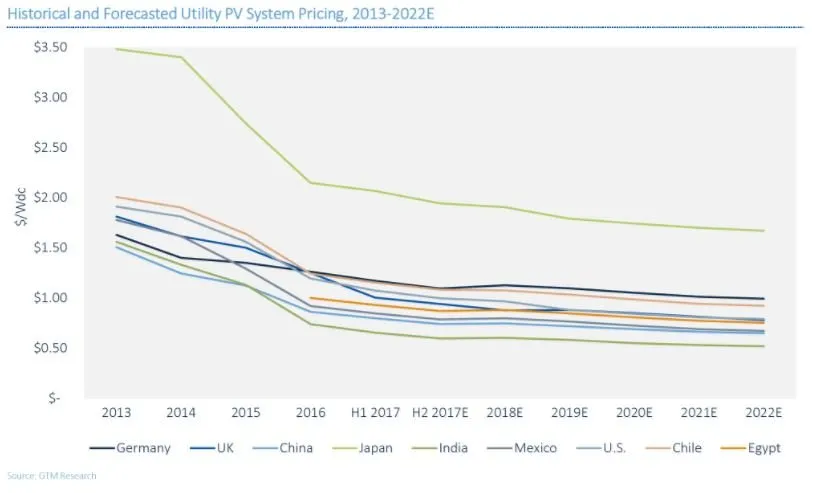
This may sound a little repetitive, but it's impossible to ignore: The decline in solar costs is not slowing down.
GTM Research expects a 27 percent drop in average global project prices by 2022, or about 4.4 percent each year. Those improvements are not limited to the U.S. They are occurring globally, and in some cases resulting in even sharper price declines than those America is experiencing.
The data comes from a new PV system pricing forecast from GTM Research Solar Analyst Ben Gallagher.
Full story at http://bit.ly/2sj3aBU
Source: Greentech Media
How San Francisco is leading the way out of bottled water culture
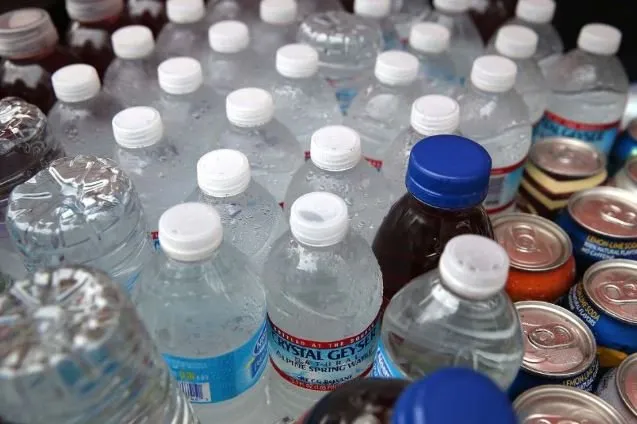
Americans drink enough bottled water each week to circle the globe two times around. That was one of the many alarming facts that motivated politicians in San Francisco to pursue a progressive environmental regulation no other major US city had dared – a ban on bottled water.
The liberal California city had previously led the way on banning plastic shopping bags, but the 2014 proposal to restrict bottled water was more modest. Although the board of supervisors voted unanimously to phase out the sale of single-use plastic water bottles, the rule only applied to city property.
“Given America’s addiction to plastic water bottles, we knew we had to be smart,” said David Chiu, a state assemblyman who introduced the measure when he was a San Francisco supervisor. “There were members of the public who couldn’t imagine life without plastic water bottles.”
So even though San Francisco is known as one of the most environmentally progressive cities in the country – the first in the US to pass a comprehensive mandatory recycling and composting law – officials limited the bottled water ban to city-owned land, leaving private businesses unaffected.
Full story at http://bit.ly/2sj9hq2
Source: The Guardian
Prepared by @SydesJokes
Original post from: http://Blog.CrowdifyClub.com/
Register for your FREE CrowdifyClub account.
Check the "Crowdify CleanTech"Facebook Group: https://www.facebook.com/groups/108785324695/